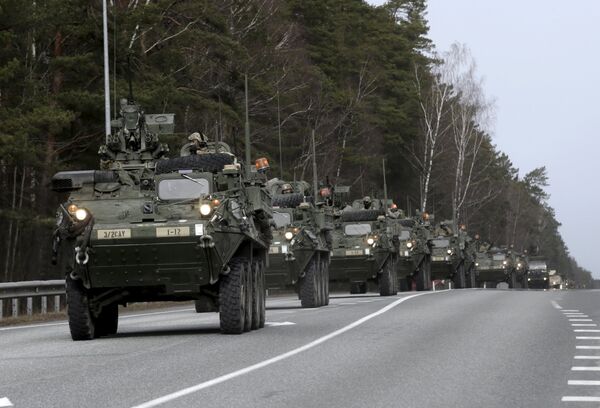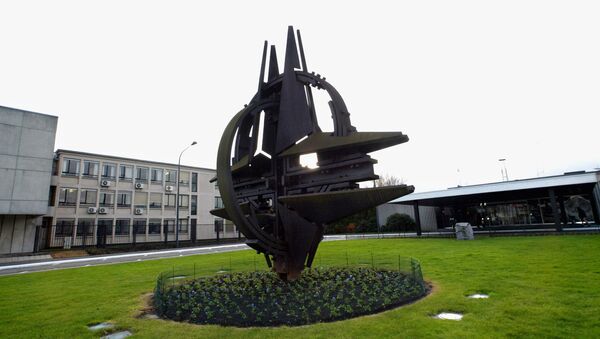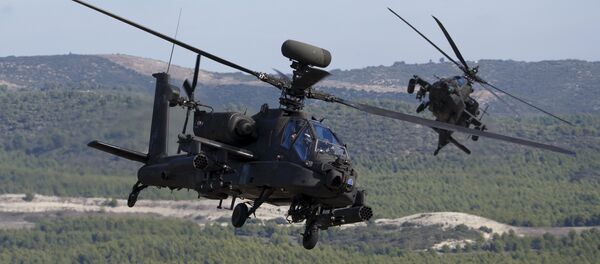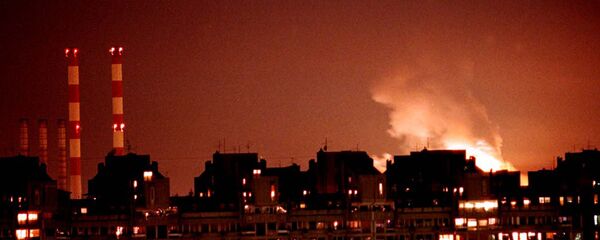"In many of my unofficial meetings – and this is something that is also testified to in analytical material from experts about NATO – some in NATO question the decision to reject cooperation with Russia in a range of areas which present a common interest."
These include "the situation in Afghanistan, which is deteriorating in all areas – security and the war on drugs are really not improving, and the social-economic situation. Plus, new factors have appeared – the penetration of the Islamic State into Afghanistan, and the advancement of extremists to the northern borders, towards the Commonwealth of Independent States," Russia's representative to NATO said in an interview with Vzglyad.ru.
Unfortunately, said Grushko, such misgivings are yet to take root among the top brass of the alliance, to the detriment of both global security and the foreign policy concerns of its individual members.
"If we talk about global threats, then Russia and the countries of Western Europe in many respects are equally vulnerable to the same challenges, and it is necessary to combine efforts in the interest of common safety," said Grushko.
Grushko explained Russia's perspective on the campaign, which has led to demonstrations in the former Yugoslav state, where a majority of the population remains opposed to NATO membership.
"At the present time, NATO is pursuing an unfriendly policy towards Russia, and we of course cannot look dispassionately on the prospect of a country with which we have a lot of links joining the alliance."
NATO's general expansion to the east has raised alarm in Russia, explained Grushko, in his summary of the military build-up in the region.
"In themselves, these steps seem modest enough, but when we look at the actions at Russia's borders in their totality, it is quite significant military activity," said the representative, who listed constant land and sea exercises in the Baltic and Black Seas, as well as the rotation of US forces in six eastern European nations.

"I could go on counting the elements which make up the new military situation in our region, said Grushko, pointing out that the military buildup in the Baltics began with the deployment of four airplanes to patrol Lithuanian airspace, and has now progressed to the deployment of heavy military equipment at forward deployment bases.
"NATO officials, in fact, actually began from nothing. Until the mid-2000s, no military forces were sent there," said Grushko.
"It is necessary to bear in mind not only what has already been realized, but also the tendency. And the tendency is definitely a negative one – we see a steady trend towards the intensification of the military presence."






